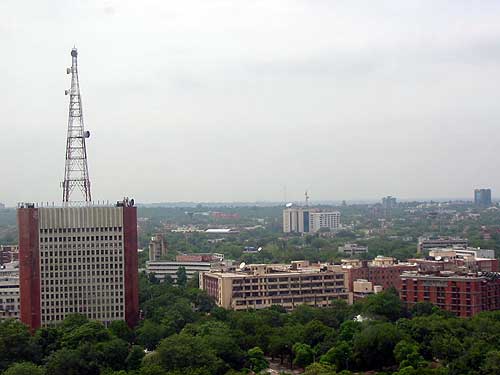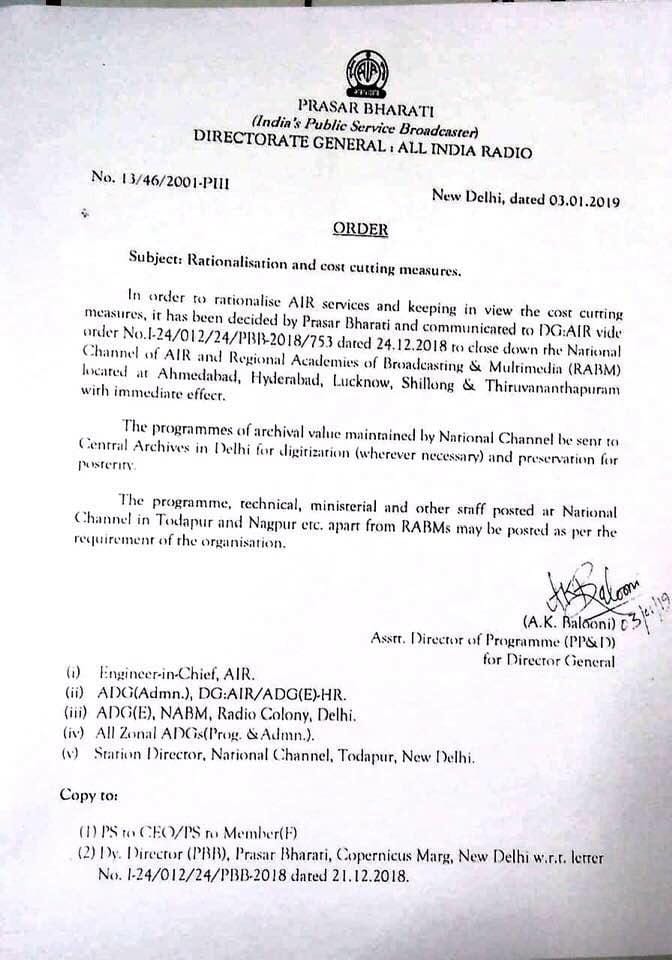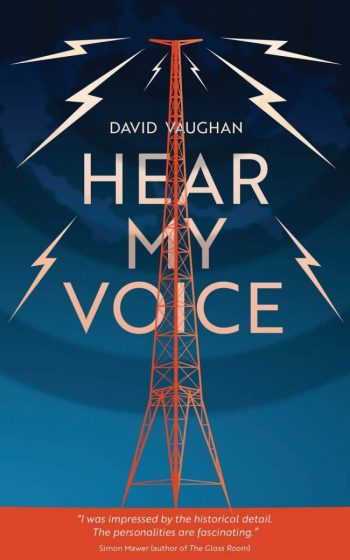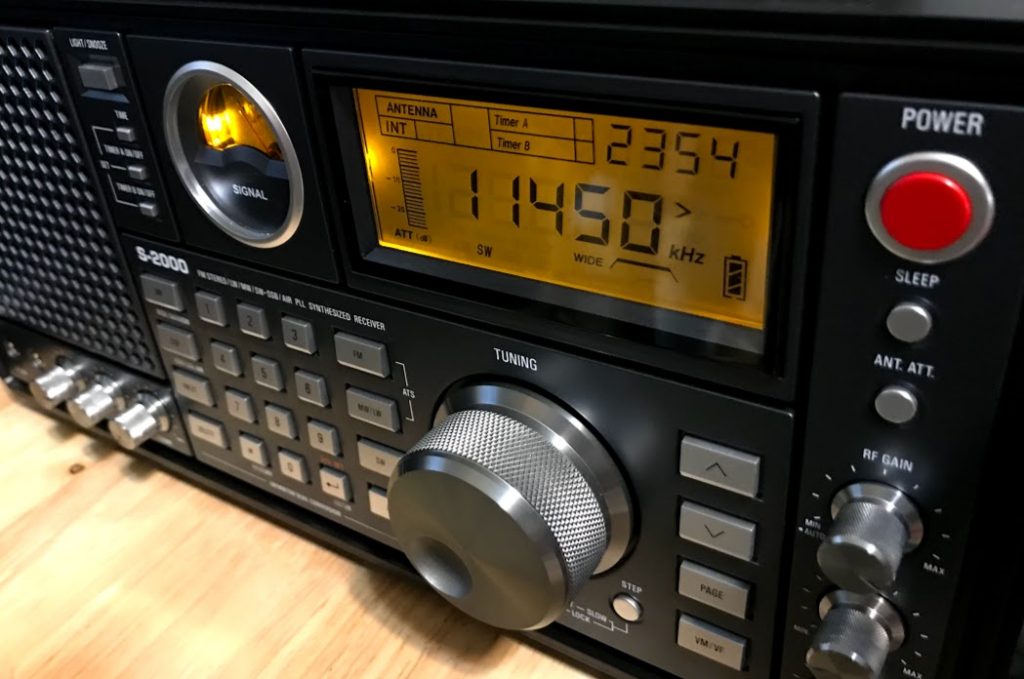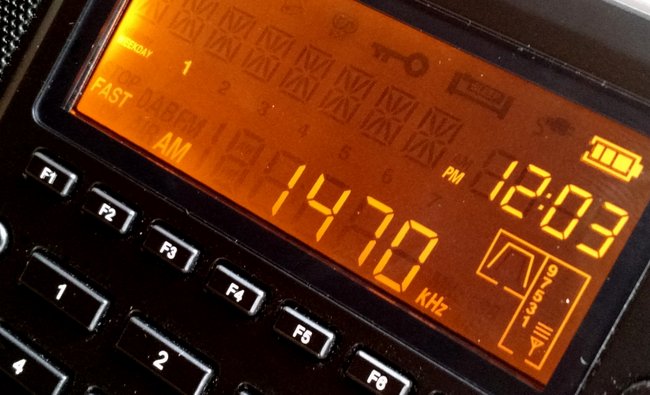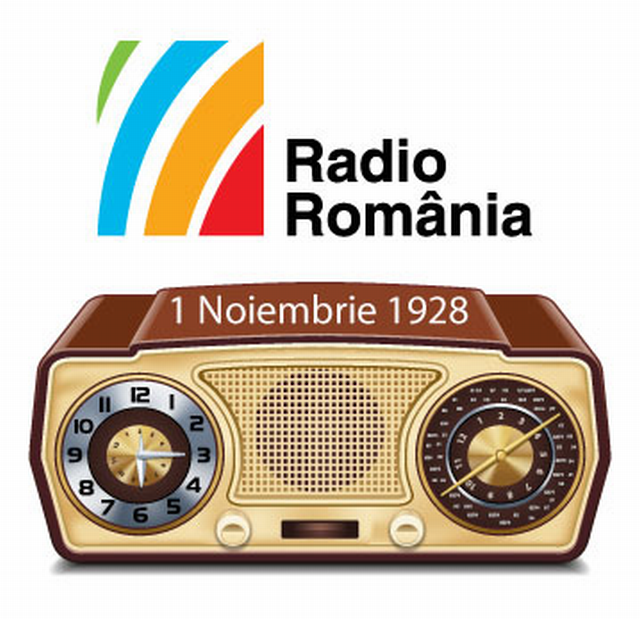Many thanks to SWLing Post contributor, Nigel Holmes––formerly of Radio Australia––for the following op ed.
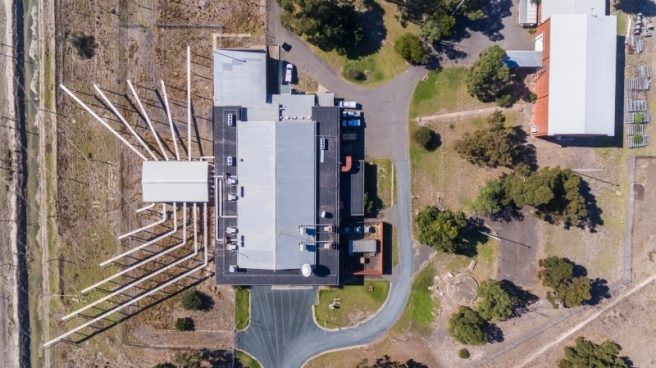
The Shepparton transmitter site of ABC/Radio Australia
Developments in the Australian domestic HF broadcasting scene
by Nigel Holmes
Radio broadcast on HF (high frequency or shortwave) has a solid role to play in the pantheon of media in the Australian and pan-Pacific context. It might be off the radar for the urban masses, but HF radio is the proven, economical alternative to satellite and cable for communication over continental or oceanic distances. Our commercial airlines use HF radio every day. So do our mining companies and emergency services. People holidaying in our remote areas buy or rent HF transceivers for their cars. Australia has the largest number of civilian users of HF radio in the world.
For thirty years a simple system of three HF transmitters quietly provided Australian Broadcasting Corporation (ABC) radio to remote populations across inland Australia, the Northern Territory (NT). Centered on Alice Springs, Tennant Creek and Katherine each transmitter reached out nominally 450 km, covering an area of nearly 2 million square kilometres. In practice the area serviced was larger, extending into Queensland and Western Australia. Such is the utility of this versatile medium. The audience was small, only a couple of hundred thousand, living or moving through the most remote places in Australia, but this was their lifeline.
During the cyclone season, storm alerts and flood warnings would reach people in the inland beyond the call of AM and FM networks. Yes, such people do exist in Australia and elsewhere in the Pacific.
Like many marginalised communities the HF radio listeners of the outback struggled to make urban elites understand their very real world. So in 2016 when the ABC announced the closure of the domestic HF transmitters in order to fund its DAB+ radio rollout in Canberra and Hobart, the backlash from the remote communities was shrugged off and the closures proceeded in 2017. ABC pointed at its satellite as an alternative, but had no answer when asked how to equip a jillaroo’s horse, a dusty 4WD or an offshore tinnie with a fragile satellite dish, an expensive receiver and the power point to run it all.
People who are used to an effective service tend to take its loss badly. So it has been in the NT. Politicians were pursued by the inland listeners wanting a better deal. The matter has culminated with the main opposition Australian Labor Party pledging to restore the HF distribution of ABC within Australia if it wins the forthcoming the federal election.
Let’s hope political expediency at the federal government level and within ABC doesn’t foul this up. We don’t want a half-baked resurrection as a sop to fend off critics of the ABC or to let politicians grandstand.
The three domestic HF sites in the NT cost a lot more than AUD$1.9 million p.a. to run. That was a figure bandied about by ABC after criticism of its DAB+ expansion costs. But for a sum in the order of half that, plus re-establishment costs, a service can be implemented which would have greater coverage, better reliability and lower outgoings. What’s not to like? The key is the former Radio Australia HF station at Shepparton, Victoria.
The cost of electricity at the NT sites was horrendous. Apart from feeding three thirsty 50 kW tx, huge air conditioning plant was required at each site to pull out waste heat and combat 50°C summer temperatures. Maintenance costs were savage. On-air availability was lousy (worst in the ABC network) because of environmental challenges and long maintenance travel times.
So here’s a plan: re-locate a near-new Continental 418G HF 100 kW transmitter from Tennant Creek to Shepparton. Electricity is much cheaper and more reliable at Shepparton. It’s a cooler site and has permanent, trained staff. The consolidation of spares and expertise with the other Continental transmitters at Shepparton makes engineering and economic sense. Re-locate the two small 6-12 MHz HR2/2/0.4 and HR2/2/0.6 aerials from the former RA station at Brandon. Erect them both as AHR2/2/0.4, align one on a boresight of 000°T and the other one on a boresight of 320°T. Feed both aerials from the transmitter via a splitter, run the transmitter at 80 kW so each array receives 40 kW. Run a 5.9 MHz channel at night and a 9 or 11 MHz channel during daylight. Bingo. You now have a two-frequency network covering the sector between 020° & 300° at a range of 1500 km -> 3000+ km. What a great conduit for cyclone/flood alerts, quality news and entertainment and if the ABC can manage that then it might just get back to meeting its charter obligations to all Australians.
Nigel Holmes
November 2018

